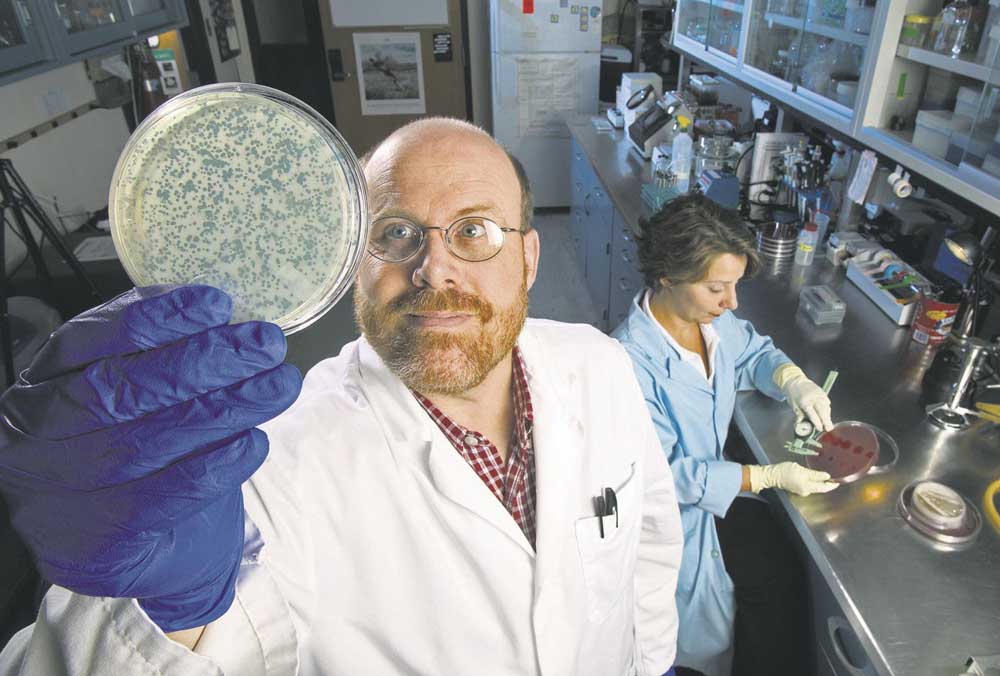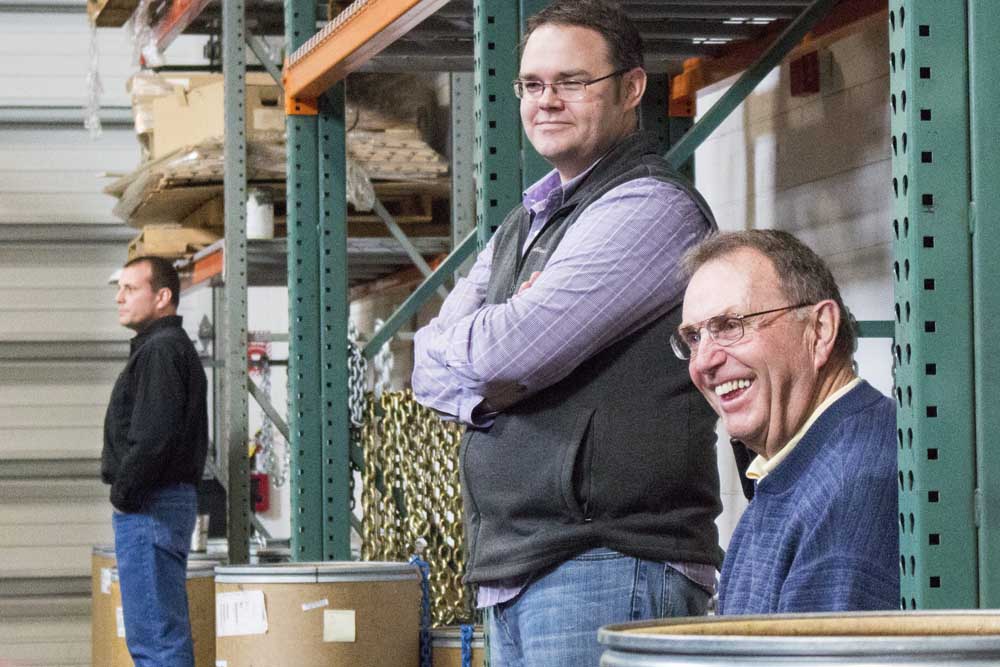Our View: Researchers make our world a better place
Published 12:30 am Tuesday, May 19, 2020

- A USDA Agricultural Research Service microbiologist investigates one of the many mysteries surrounding agriculture. Food producers and all who rely on them must support peer-reviewed science.
We hesitate to invoke a dusty metaphor that politicians love — that the coronavirus pandemic is a “war.”
Trending
If it’s a war, the main enemy has been the selective information promoted by some and the lack of accurate and thorough reporting by a few news outlets.
But it’s not really a war. It’s more a case study of the value of research and why there can never be too much effort invested in understanding the world around us.
In the case of the coronavirus, researchers are attempting to gain a better understanding of the illness it causes and how best to arrest its spread. The holy grail they seek is a vaccine that will immunize the population against the virus.
Trending
In the meantime, new treatments are being tested to help doctors and others on the front lines keep the death toll as low as possible by helping senior citizens and those with preexisting conditions survive the virus and others more readily recuperate from it.
Just as the need for research in medicine is urgent and ongoing, so too is the need for research in agriculture and fisheries.
While some folks seem to believe they know enough about catching fish, growing crops or raising livestock, new issues and challenges constantly arise. On top of that is a world population that has grown past 7 billion. That’s billions of meals a day that farmers and fishermen need to provide.
One example of the thousands of challenges facing agriculture is the need for research on weeds. These seemingly mundane plants rob farmers and ranchers by reducing their crop yields and even killing their livestock.
Through research, farmers now have many tools they can use against weeds. Not only can they use chemicals, but crop rotations, cover crops, natural enemies and other techniques to provide a high-tech yet softer solution to controlling weeds in both conventional and organic agriculture.
It’s through research that those innovative techniques were discovered — and more will be added to the toolbox in the years to come.
A better scientific grasp of what’s happening out in the ocean is essential to ensuring a future for 21st century fisheries.
Occasionally, we encounter conversations that can best be described as anti-technology. Some folks say they don’t trust scientists and want to avoid the many advances that researchers have provided.
But when the chips are down, as is the case with the coronavirus, people do not turn to politicians, talk-show hosts or others. They turn to the men and women in laboratories at universities, government agencies and private companies for the answers.
One victim of the coronavirus pandemic has been the economy. More than 36 million Americans have been thrown out of work and millions of businesses have been shuttered. The federal government has already borrowed or printed trillions of dollars to keep the ship afloat.
By comparison, it seems to us that research is a bargain. Researchers can help us understand small problems before they get large. That is true whether we are talking about a virus, a weed or feeding the world.
At Oregon State University, Washington State University, the University of Washington and other academic institutions around the nation, researchers rely on the support of the public, commodity commissions and others to do their important work.
Whether it’s in medicine, fisheries, agriculture or some other field, researchers are on the front lines of the war against ignorance about the world around us. It is in all our best interests to support that work any way we can.









